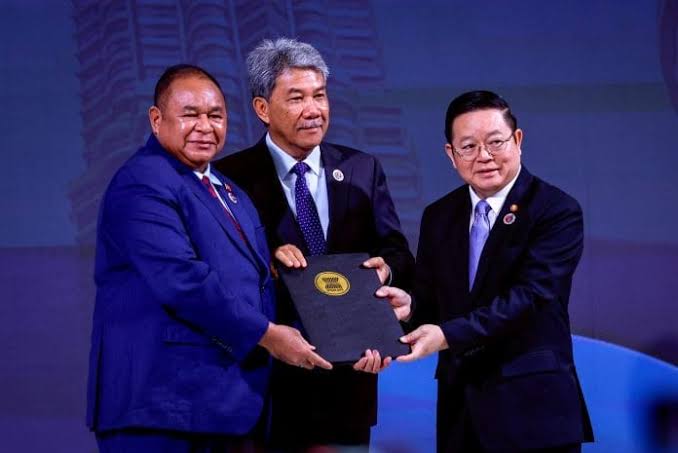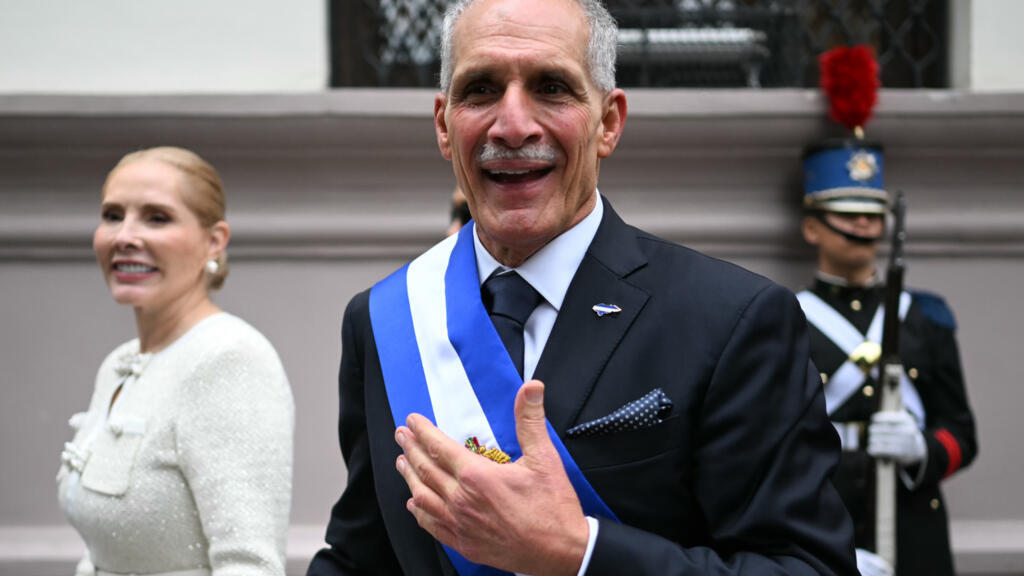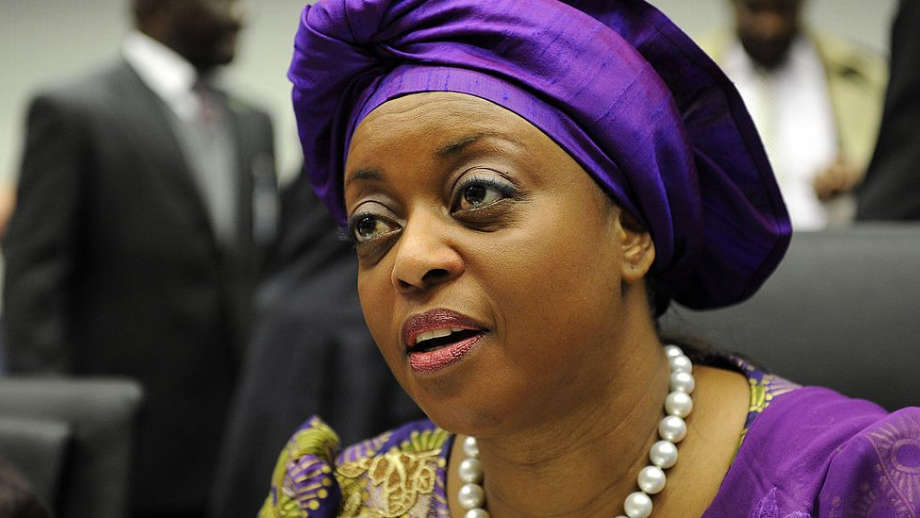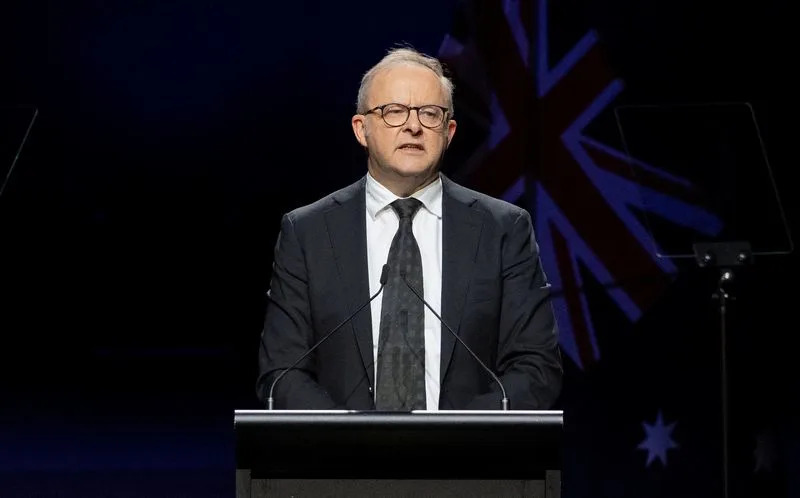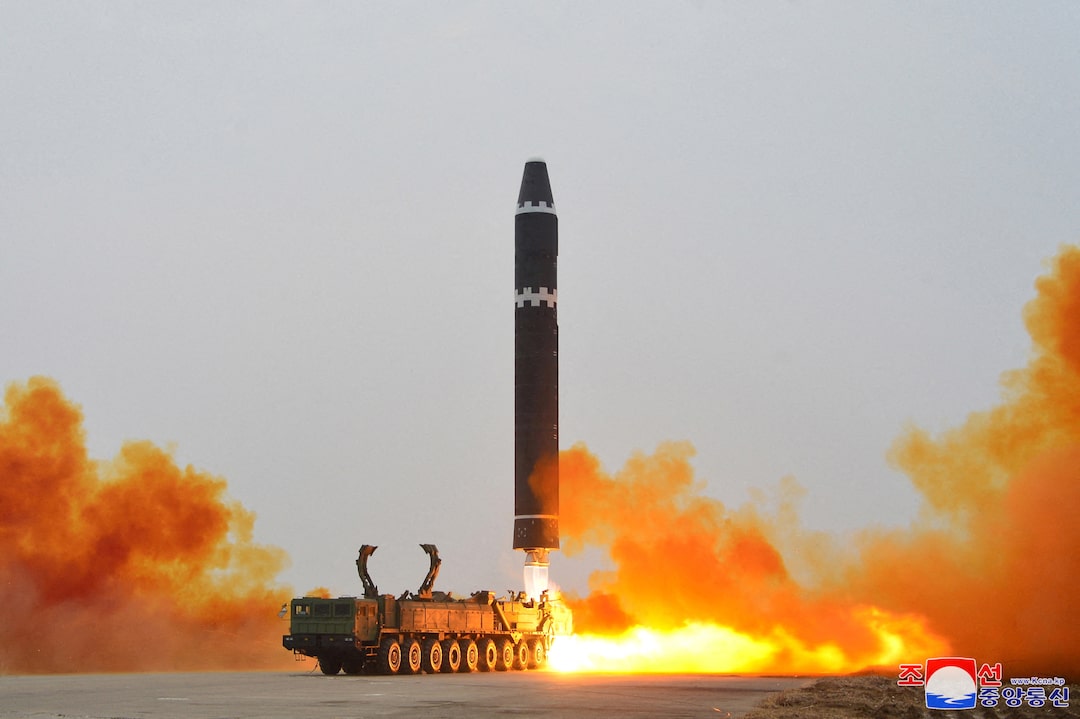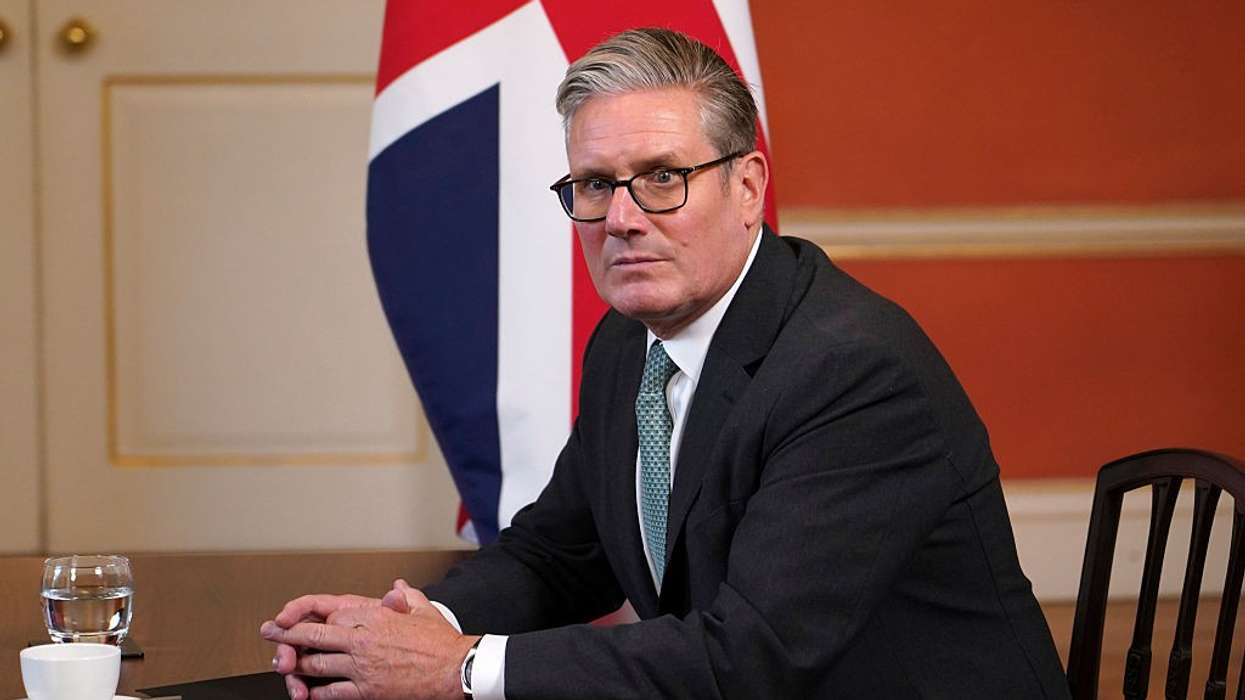The tiny Southeast Asian nation of Timor‑Leste (also known as East Timor) officially became the 11th member of the Association of Southeast Asian Nations (ASEAN) at a formal ceremony held on 26 October 2025 in Kuala Lumpur. This milestone was marked by the raising of Timor-Leste’s flag alongside those of the other ten members.
This accession is more than symbolic: for Timor-Leste, it opens the door to ASEAN’s free trade deals, investment flows and membership in a regional market of some 680 million people. Despite its modest economy, estimated at around US $2 billion compared with ASEAN’s collective US $3.8 trillion, Timor-Leste sees membership as a major opportunity.
Prime Minister Xanana Gusmão described the moment as “a dream realised” for his young democracy, rooted in a long struggle for independence. Malaysia’s Prime Minister Anwar Ibrahim, whose country currently chairs ASEAN, welcomed Timor-Leste’s accession, declaring it completed the “ASEAN family” and underscoring shared destiny and regional kinship.
Timor-Leste applied for ASEAN membership in 2011 and was granted observer status in 2022. At the summit in Kuala Lumpur on Sunday, its membership was formalised via document-signing by ASEAN leaders and the flag-raising ceremony.
Read Also: China’s Next Five-Year Plan Could Redefine Global Power
Gusmão noted the journey of his country: “For the people of Timor-Leste, this is not only a dream realised, but a powerful affirmation of our journey – one marked by resilience, determination and hope.” President José Ramos‑Horta, a Nobel Peace Prize laureate, has advocated for membership since the 1970s when the country was still under Portuguese rule.
Timor-Leste hopes future membership will bring access to ASEAN’s free-trade agreements and regional market. It would also lead to increased foreign direct investment and diversification of its economy, which currently relies heavily on oil and gas revenues.
A stronger diplomatic voice via regional integration would also be the result of the accession. Ramos-Horta stated Timor-Leste could bring to ASEAN “our experience on conflict, including for disputes over borders and the South China Sea.”
However, analysts caution that Timor-Leste’s economic and institutional capacity remains modest. Its population is about 1.4 million, with nearly 42 percent living below the national poverty line and nearly two-thirds under 30 years old.
ASEAN began in 1967 with five founding members and gradually expanded; the last country to join before Timor-Leste was Cambodia in 1999.
Timor-Leste was a Portuguese colony for centuries, then endured Indonesian occupation after Portugal’s withdrawal in 1975, before winning full independence in 2002.
Looking ahead, Timor-Leste will begin implementing its ASEAN membership commitments, including engaging in the countrys’ three main community pillars (economic, political-security and socio-cultural) and aligning domestic institutions accordingly. The coming years will test how quickly it can translate membership into meaningful economic and social benefits.

